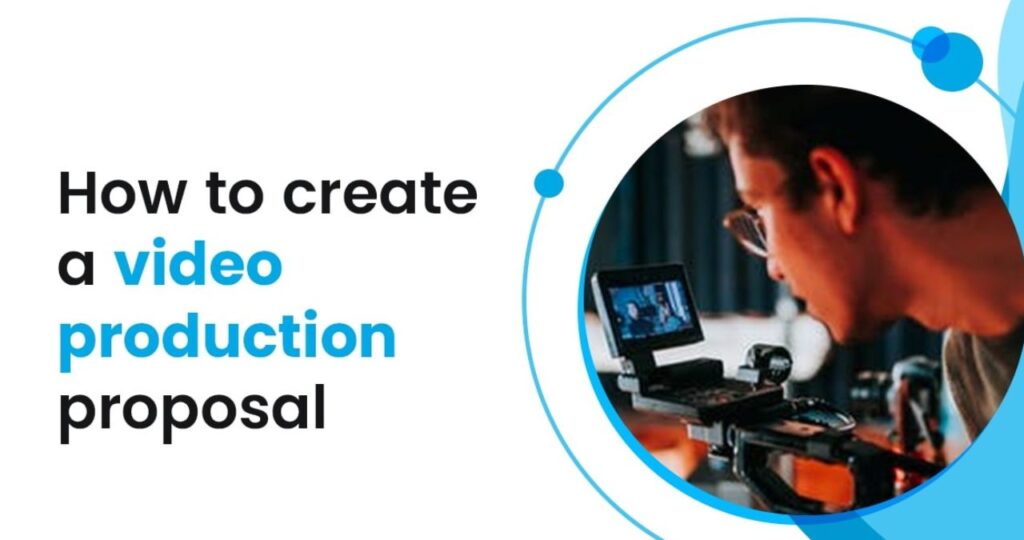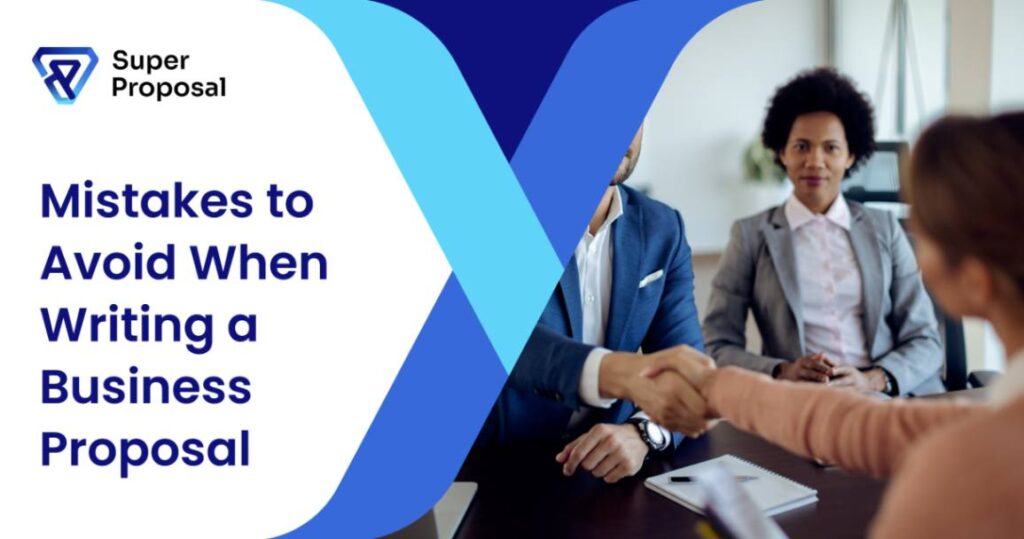How to get a contract signed quickly
SEP 03, 2024 | LAST UPDATED ON SEP 03, 2024 BY ANGELICA NAIDU

Why do contracts take so long to get signed? One of the reasons why a client delays is the lack of proper communication between you and the client when it comes to signing a contract. The delays can result in missed opportunities, stalled projects, and strained partnerships.
Understanding the reasons behind the holdups is important for anyone involved in contract negotiations.
In this blog, you will learn effective strategies to speed up contract signing, including identifying decision-makers and how using Super Proposal can simplify the process.
Table of Contents
ToggleHow can you get a contract signed quickly
Before getting into the specific strategies, let’s get some context for a quick contract turnaround. Here are some important things to keep in mind before you start:
- Identify the Decision Makers: Who’s authorized to sign the contract? Knowing who will sign the contract upfront lets you concentrate your efforts and message properly.
- Establish a Timeline: When will the contract be signed? A timeline gives you a sense of urgency and helps you prioritize what needs to get done.
- Overcoming Roadblocks: Dealing with roadblocks and issues can help prevent many surprises and keep things going smoothly.
Now, let’s understand some specific strategies you need to keep in mind for fast-tracking the contract signing process:
Identify and Engage with Decision-Makers
Finding out who the decision makers are is important for effective communication and timely contract approvals. Here are a few points to remember while recognizing these individuals:
- Obtaining the decision-makers’ direct contact information, such as email addresses or phone numbers, is crucial. This allows for quicker communication and faster deal closures.
- In a situation where access to the decision-makers is restricted or limited, it is ideal to speak with other employees working for the same organization. They will help you have a clearer picture of who should be part of the decision-making process.
Once you have all the information, add the decision-makers to the CRM. This will ensure that their contacts are readily available to you when sending the contract for signing.
Tip: Super Proposal can help you enhance proper communication with decision-makers. Its real-time collaboration feature allows clients to comment, tag users, and suggest changes directly on the platform. This interaction is open-ended and encourages feedback throughout the project.
Another exciting feature is e-signatures, which allow clients to sign legally binding signatures directly in the application. It speeds up approvals and brings the sales cycle closer by cutting the time involved with sending multiple emails and responses.
Understand the client's needs and answer them
First and foremost, it is crucial to consider your client’s needs when drafting a contract proposal. You should know what the objectives, challenges, and expectations they may have. That will help make sure that every requirement that the client has is reflected in the contract, thus preventing any form of last-minute negotiation or revision that may eventually delay the contract.
Failure to adopt a client-centered approach can lead to misunderstandings, which may put the entire deal at risk. If you deliver a contract that doesn’t align with the client’s needs, timelines, and objectives, the client will likely reject it. To avoid this, your contract must include the right information, such as:
- Products and services included
- Terms of the payment
- Deadlines or timelines
- Next steps
- Any legal agreements, if necessary
Revising the contract extensively because it didn’t align with the client’s goals would likely delay meeting deadlines. This breakdown in alignment would definitely damage the trust built in the relationship.
Set clear and realistic deadlines
Unclear expectations and miscommunication are some of the major reasons for delays in the contract process. Clearly defining deadlines and timelines ensures that there are no overemphasized aspects or a lack of a common goal for both parties. If you are worried about sounding pushy, consider asking, “Does this timeline still work for your goals?”
When setting the deadline, consider the client’s requirements and the project’s complexity. Unrealistic deadlines may lead to undue stress, rushed work, and potential disagreements.
To help guide your client through the decision process, it may be helpful to include benchmark dates in your contract. Benchmark dates will provide both parties with defined markers to track during the march toward project completion. Benchmark dates can include:
- Contract signing deadline
- Initial deposit due date
- Deliverable completion dates
- Final payment due date
Example
Good: “The agreement will be signed on [DATE] with an initial advance payment of 50% paid within 7 working days. The first deliverable will be achieved by [DATE] and the second by [DATE]. The balance 50% is payable within 7 working days after completion.” This has very clear expectations of delivery and shows that you are keen to deliver on time.
Bad: “Once the contract is signed, you have to pay the advance. Deliverables will be completed in a timely manner, and the final payment will be due when the project is finished.” Too vague a statement, which means there’s confusion that later leads to delays and frustration
Provide all the promised deliverables
Delivering all the promised deals or solutions mentioned in the contract is crucial to winning the client’s trust and satisfaction. Depending on the contract, you can also promise the client extra benefits such as:
- Transparency when it comes to the budget
- A product demonstration or any other additional information related to the product or service
- Educational resources to help the client identify a solution
Make sure to meet promises so that the clients are comfortable signing the contract. To help speed up the sales process, it’s crucial to follow through on any commitments made before finalizing the deal.
Additionally, providing all parties with a copy of the agreement ensures clarity regarding their responsibilities and expectations. Thus promoting better communication and reducing the risk of misunderstandings.
Mention pricing and length of the contract in detail
Being transparent and accurate about pricing and contract length is important for healthy business relationships.
Clearly outline your pricing structure in your contract, including the total cost and any additional fees. Identify their payment terms and express potential discounts as a percent under any possible negotiation.
Keeping the information private may lead to misunderstanding and dissatisfaction later. The clients want clarity, and clear information grows trust.
State the duration of the agreement and the renewal terms. This information is very important to clients in knowing their commitment and preparing ahead. If the contract is for a limited period, ensure that both parties know about the date of the agreement’s expiration and possible extensions.
Always follow up
No matter the contract type – sales, purchase agreements, NDAs, or employment – those waiting for a signature even after the deadline should send a follow-up.
A follow-up is a gentle reminder and portrays that you have really been committed to the project. On your follow-up, you can ask them if they have questions or need clarification.
You can also use tools to check the analytics and document activity to determine if the client has viewed it. If the client has viewed the document, send a follow-up. If not, consider what might be preventing them from opening or reviewing it.
Super Proposal provides manual signing reminders to keep the process moving, ensuring that deadlines are met without unnecessary delays.
Use electronic signatures
Electronic signatures are convenient, safe, and legally binding. Super Proposal allows you to add the e-signature in your contracts. It integrates easily, allowing clients to sign contracts with just a few clicks, which simplifies the closing process.
Super Proposal allows you to specify the signing order, preventing delays and legal issues by clearing defining the sequence of signatories.
Provide an overview of the contract
Another important strategy to consider when sending a contract is providing an overview or summary. The summary should contain important points such as deliverables, timelines, and payment terms.
An excellent overview may help the client understand why they should consider your services without scanning the entire contract. To make the summary readable, you can use bullet points or a table.
Rewards for faster signing
Sometimes, offering incentives or rewards can also motivate the clients to sign contracts in return for any incentives or rewards. Consider offering a discount for an early acceptance or perhaps offering more services without adding any extra cost in case they sign the contract within a certain time frame.
For example, you can say, “In case you sign up for this contract in the next five days, I can include a free consultation session.”
Power of Contract Management
Clients often need to review, comment, and suggest changes to contracts. Avoid the inefficiency of endless back and forth emails with attachments by leveraging the power of cloud-based software, like Super Proposal.
Our software lets clients comment and suggest changes directly on the platform in real time. This speeds up the review and approval process, reduces confusion, and enhances the client experience.
Ready to streamline your contract process? Sign up for a 15-day free trial and book a demo today!
Read more: Comprehensive Guide To High Ticket Closing
Increase your close rates today!
Secure every pitch that you make with Super Proposal. Craft winning proposals, share and track them on a single, comprehensive platform.
✓ 15-Day Trial. No Credit Card Required.




